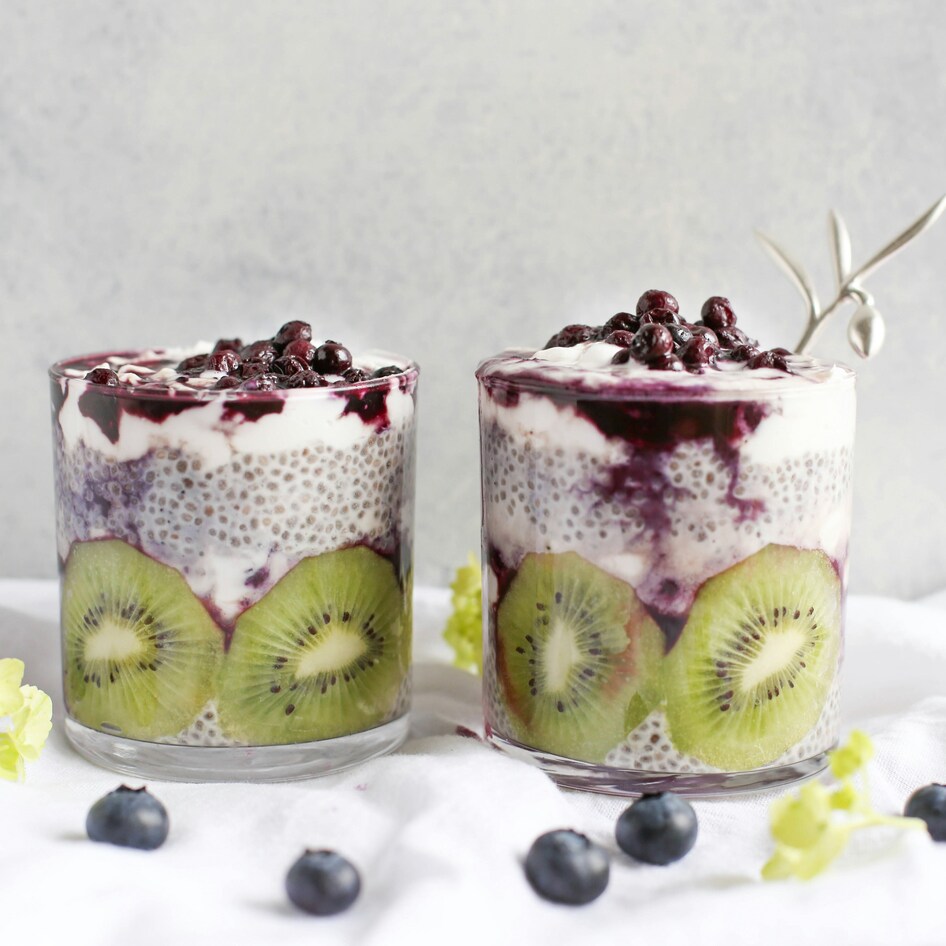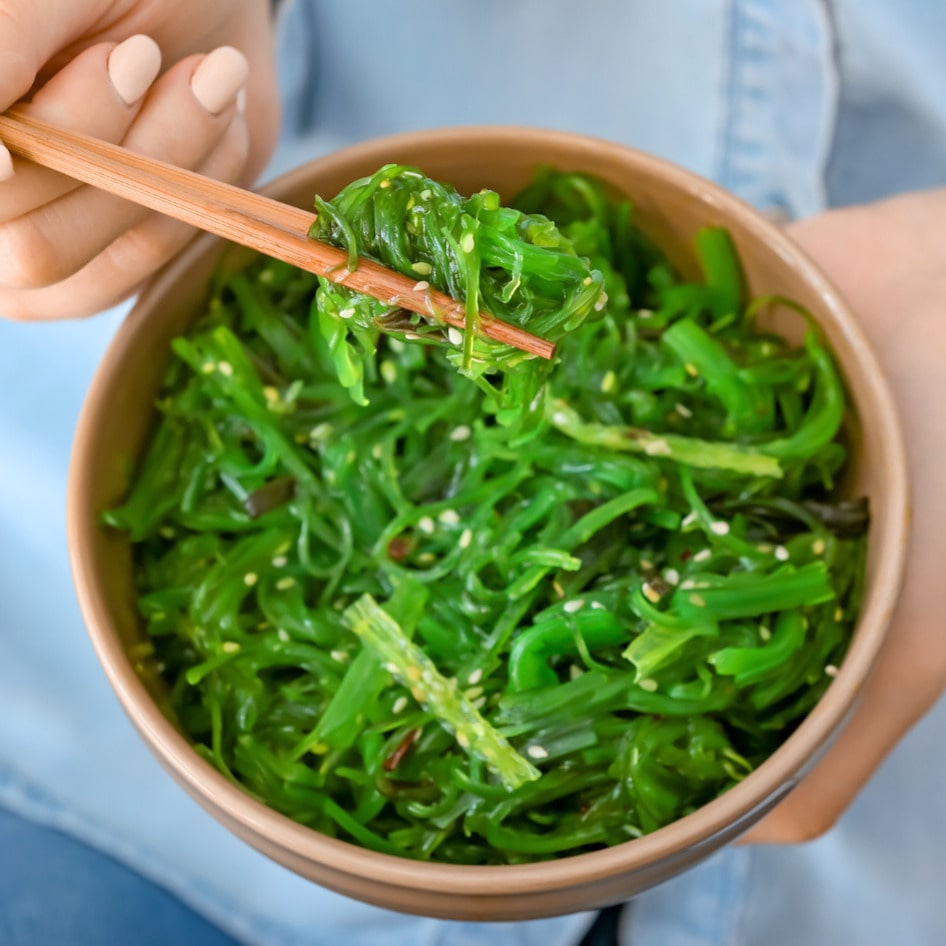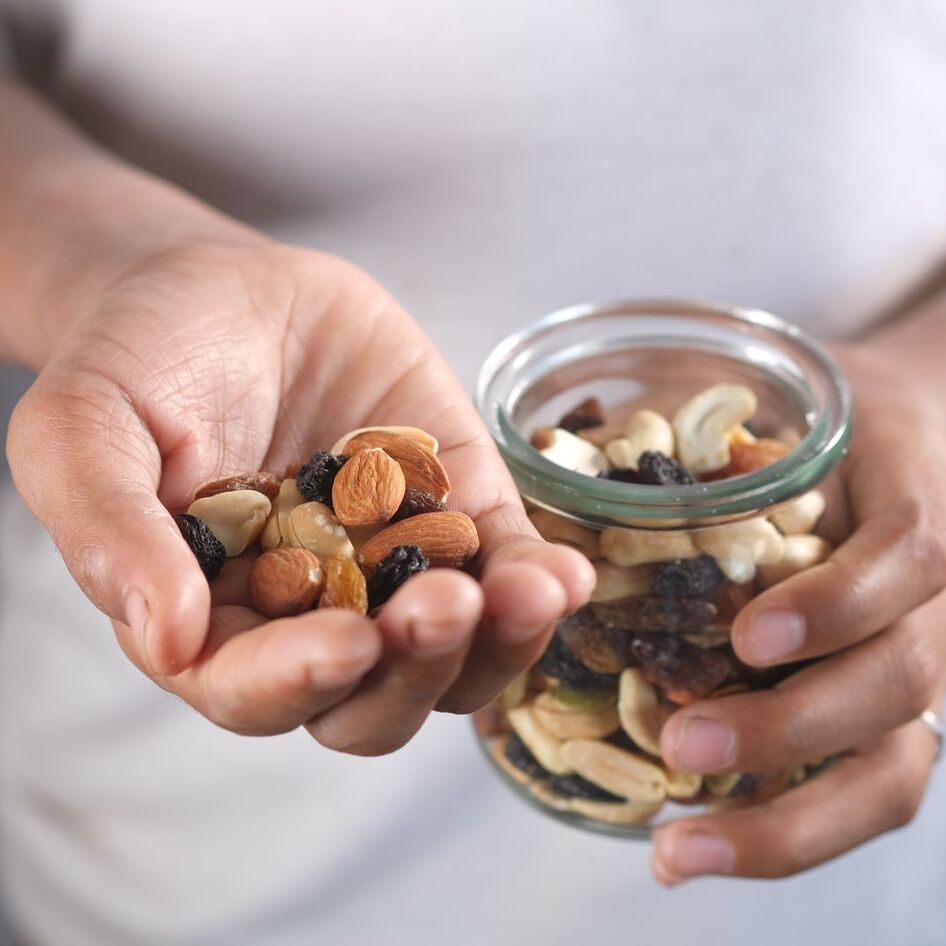Pop star Miley Cyrus revealed that she is no longer vegan on a recent episode of “Joe Rogan Experience” podcast. Cyrus first adopted a plant-based diet in 2014 after witnessing her dog Floyd being attacked and killed by a coyote. She has since adopted and cared for a number of animals—including Pig Pig, a pig who passed away in 2019. On the podcast, Cyrus spoke about her poor nutrition, previous drug use, and active celebrity lifestyle and revealed that she experienced brain trauma as a child due to a dirt bicycle accident. The pop star said she has been experimenting with her diet and began eating fish in 2019. “I’ve been a vegan for a very long time and I had to introduce fish and omegas into my life because my brain wasn’t functioning properly,” Cyrus said. “Listen … I have 22 animals on my farm in Nashville, I’ve got 22 in my house in Calabasas, like I’m doing what I need to do for the animals, okay?” Cyrus explained that once she introduced fish into her diet, she instantly felt “sharper.”
Canadian naturopathic doctor Matthew Nagra, ND took to Instagram to explain that mental and physical fatigue are caused by a variety of issues, many of which are not diet-related, and warned that fish is not the only source of Omega-3 fatty acids. “Of course, fish is a source of these Omega-3s, but so is a vegan algae-based supplement,” Nagra said, explaining that “it is unclear if vegans even need to supplement” since those nutrients are also derived from foods such as flax. “Our [Omega-3] levels don’t vary much from fish eaters,” Nagra said.
The doctor is also skeptical about Cyrus introducing fish into her diet as a quick fix to her neurological issues and explains that she might have other underlying conditions. “Something that should give pause is when someone notices drastic improvements with a small dietary change. This screams placebo effect,” Nagra said. “On a physiological level, it’s impossible for a few meals of seafood to drastically change Omega-3 levels, especially within the brain. This becomes even more likely when a vegan has constantly been told that their diet is deficient by those who clearly have not seen the data. We can start to believe it. That being said, we have no clue what Miley was actually eating.”
Nagra ended his Instagram post with a warning: “So before you see all the carnivore doctors posting about this negative anecdote, even though meat is a poor source of Omega-3s, remember that an anecdote isn’t science and the overwhelming body of evidence suggests that vegans/vegetarians have lower risk of many non-communicable diseases and all-cause mortality.”
JUMP TO ... Latest News | Recipes | Guides | Health | Subscribe
Photo Credit: Matt Baron







